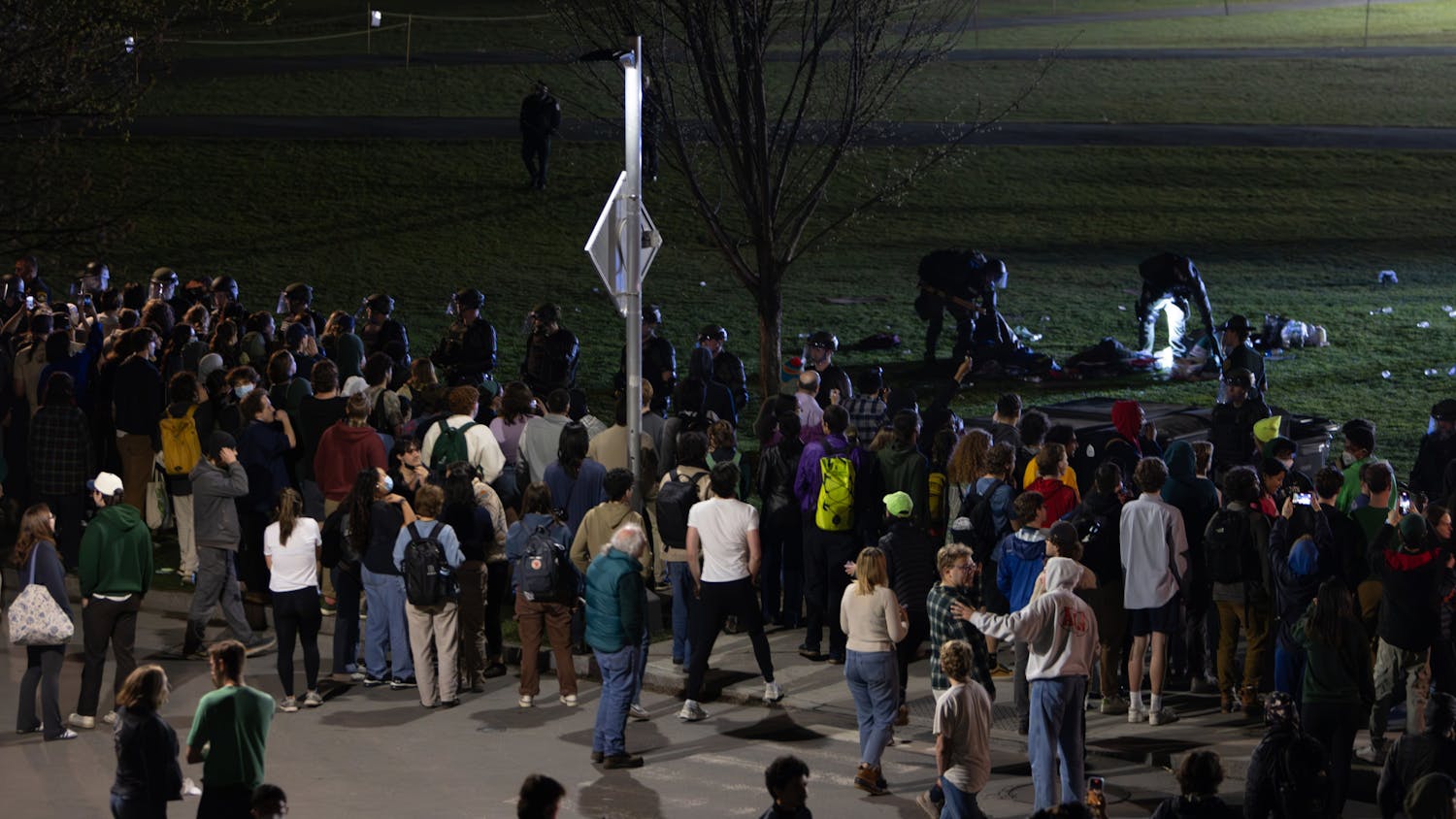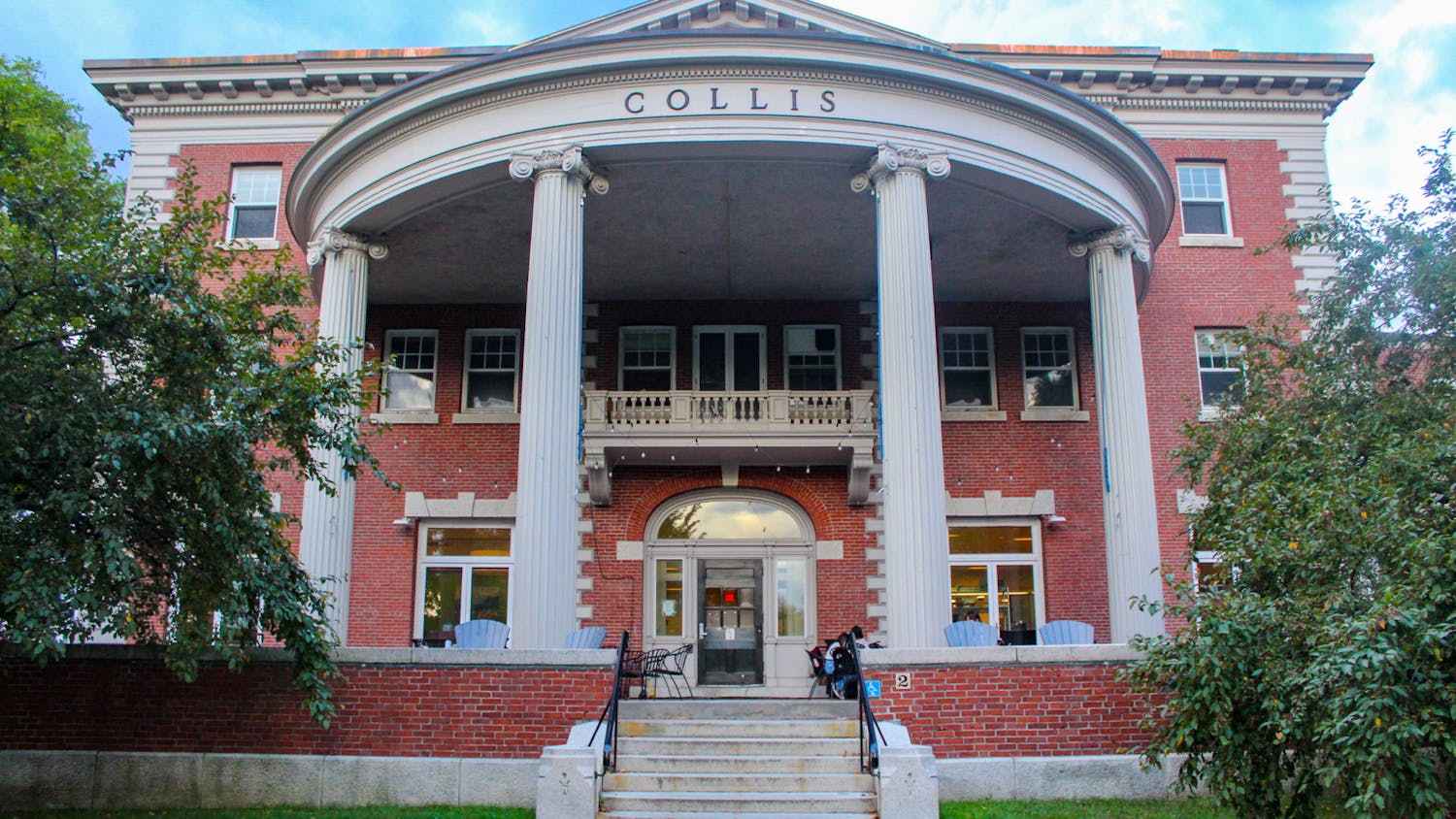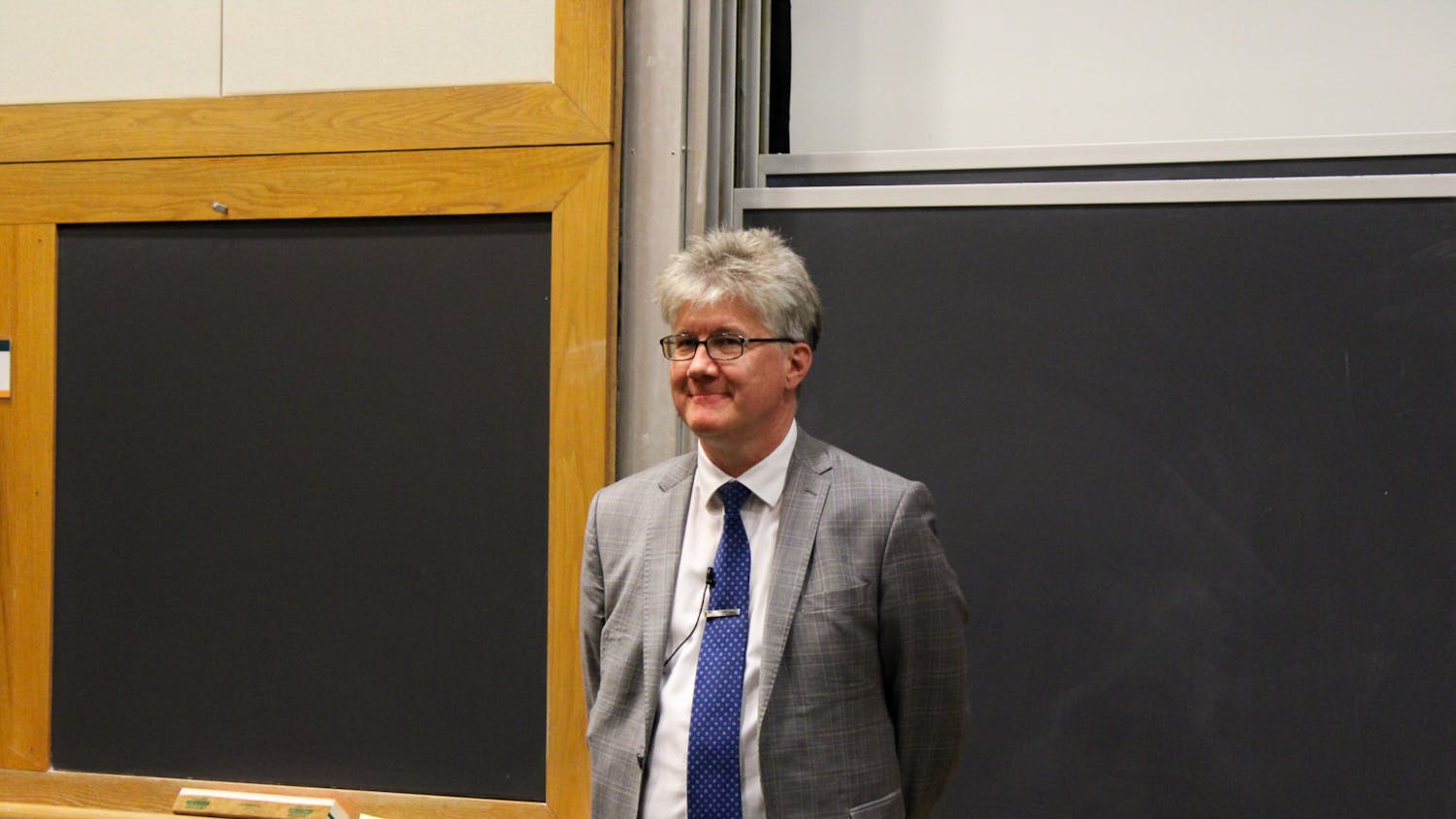Americans do not believe that online learning is as valuable as learning in the classroom, The Chronicle of Higher Education reported. In a Gallup survey of over 1,000 adults, online education scored worse in four of the poll's categories, including delivering tailored individual instruction, providing high-quality instruction from well-qualified professors, offering trustworthy and rigorous grading and awarding degrees that employees will value. One-third of survey participants gave online programs a positive rating, while above 60 percent gave positive ratings to four-year colleges, universities and community colleges. Currently, 20 percent of college students and 5 percent of Americans are enrolled in online courses.
In the current economic climate, many colleges and universities struggle to maintain enrollment, The Chronicle of Higher Education reported. Of the 436 colleges and institutions surveyed, half stated that they were below their target enrollment or failed to meet their net-tuition-revenue goals and smaller schools were more likely to have under-enrollment. The Great Lakes region and the Southeast failed to meet enrollment more than other regions. To counteract lower enrollment, colleges are offering more financial aid, thereby garnering less revenue per student. Colleges surveyed said they would allot more funding to marketing, enrollment-management operations and new programs in bids to attract students.
Almost two years following the announcement of a faculty-sharing experiment, supporters are hopeful for the idea's success, but note there are still structural details to finalize. With a grant of $150,000, the Independent College Enterprise consortium piloted faculty-sharing plans to save costs and free professors from teaching lower-level courses. Still, faculty-sharing has faced opposition from some faculty and administrators. One professor complained about commuting long distances, the lack of feedback on her teaching and her inability to connect with faculty on a separate campus. She ultimately moved some of her course material online because of the commute. An administrator at Nicols College in Massachusetts said the institution opted not to participate in a remedial math faculty-sharing program because the program would require some online work, and students in remedial math courses need faculty attention. The Independent College Enterprise consortium plans to continue faculty-sharing after grant money has been spent.



